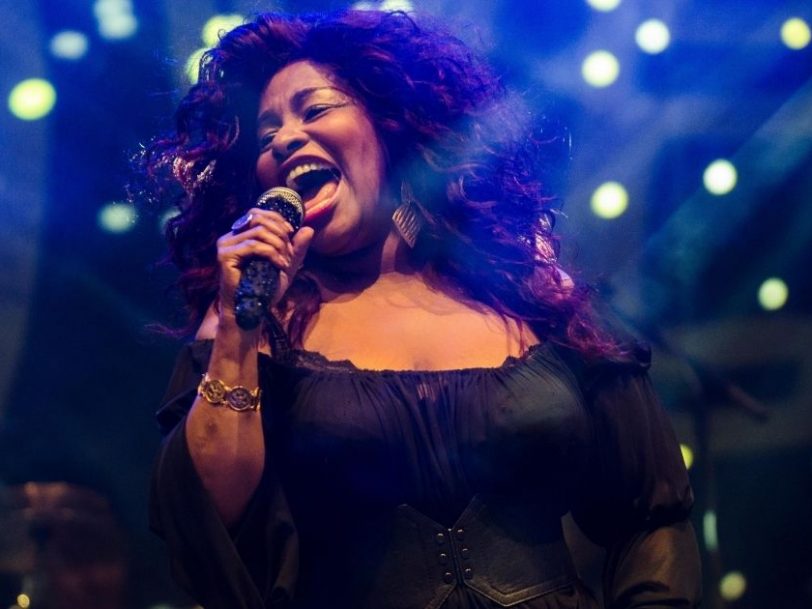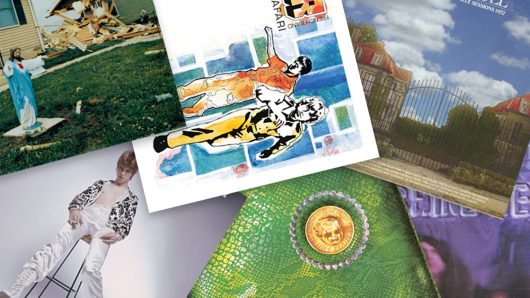They’ve soothed, tempted and rocked us for decades, bringing us soul from the female point of view. We’re not talking girl power – though some of them started their careers as children – we’re talking woman power allied to soul power. Here are ten of the best female soul singers of all time – and we do mean the best.
Listen to our Soul playlist here, and check out our best female soul singers, below
10: Mary Wells (1943-1992)
Mary Wells sang in heart-warming tones that sounded more experienced than her age when she became Motown’s first female superstar, in the early 60s. Her voice charmed the world on hits such as My Guy, Two Lovers and The One Who Really Loves You, and her glamour helped a generation assert that Black is beautiful – a vitally important notion in an era where African Americans were fighting to be treated equally. Wells appeared successful, sassy and confident; however, her vocal sophistication was not entirely apparent until Smokey Robinson began to produce her, in 1962. His naturally gentle style allowed Wells to explore her softer side, resulting in a string of hits. But Wells, Motown’s biggest pop act at the time, and a huge influence over British singing legend Dusty Springfield, was unsatisfied with the lack of control she had over her career, and she jumped ship, first to 20th Century Fox, then Atco, where she made some superb records such as the delightfully floating Dear Lover. However, none of them were big hits. A musical union with her second husband, Cecil Womack (later of Womack & Womack), produced little chart action, though Wells continued to make records deep into the 80s – a connoisseurs choice among the best female soul singers. My Guy retains its allure, but it’s a pity the world overlooked her soulful later work.
Must hear: Dear Lover




